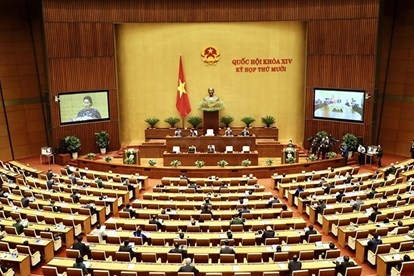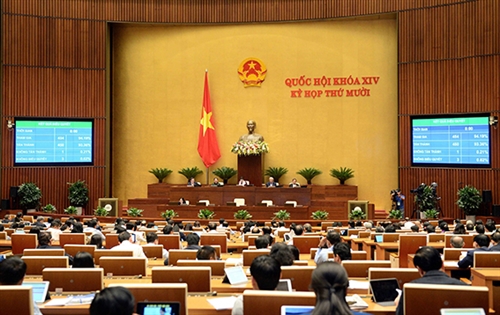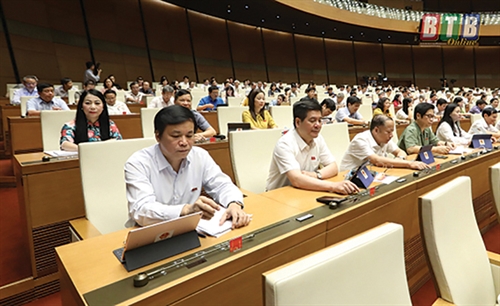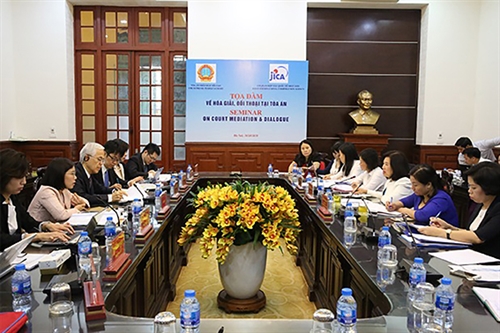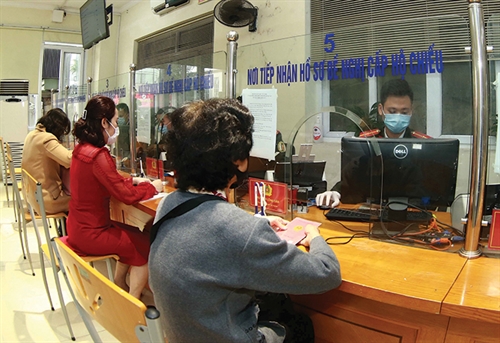Law 67/2020/QH14 Revising a Number of Articles of the Law on Handling of Administrative Violations (the revised Law) aims at improving mechanisms, policies, order and procedures in the legislation on handling of administrative violations and removing limitations of the current law on handling of administrative violations to ensure effectiveness and efficiency of law implementation in reality.
The revised Law amends Law 15/2012/QH13 on Handling of Administrative Violations which was revised under Law 54/2014/QH13 and Law No. 18/2017/QH14 (the 2012 Law).
Increase in maximum fine levels
Under the revised Law, the maximum fine levels in the 10 fields below are increased:
- From VND 40 million to VND 75 million, for violations in the fields of road traffic and social evil prevention and control;
- From VND 50 million to VND 75 million, for violations in the fields of cipher, national border management and protection, and education;
- From VND 50 million to VND 100 million, for violations in the field of electricity;
- From VND 100 million to VND 200 million, for violations in the field of protection of consumer interests;
- From VND 100 million to VND 250 million, for violations in the fields of hydraulic work and press; and,
- From VND 150 million to VND 500 million, for violations in the field of real estate business.
The revised Law also adds the maximum fine levels applicable to eight other fields, which are VND 30 million for violations in the field of foreign affairs, VND 40 million for acts obstructing procedural activities, VND 50 million for violations in the fields of rescue and salvage and state audit, VND 75 million for violations in the field of unemployment insurance, and VND 100 million for violations in the fields of printing, cyber security, and cyberinformation security.
Competence to sanction administrative violations
Under the revised Law, a number of position holders are no longer competent to sanction administrative violations as a result of reorganization of their agencies or units. These include directors of regional State Reserve Departments, General Director of the General Statistics Office, head of the Central Committee for Emulation and Commendation, and a number of position holders in the People’s Public Security Forces.
Meanwhile, some other position holders are now have the competence to sanction administrative violations, such as fisheries resources surveillance officers, heads of fisheries resources surveillance stations under Regional Fisheries Resources Surveillance Branches, heads of Regional Fisheries Resources Surveillance Branches, Director of the Vietnam Fisheries Resources Surveillance Department, Chairperson of the National Competition Committee, heads of audit teams, chief auditors, and a number of position holders of the People’s Public Security Forces and the Market Surveillance Force.
Regarding the competence to confiscate material evidences and means used in administrative violations, which was assigned to authorities of the lowest level of each force under the 2012 Law, the revised Law adds eight groups of position holders (mainly from hierarchically organized agencies at the provincial or inter-provincial level) who will have the power to confiscate material evidences and means used in administrative violations regardless of their value. Meanwhile, other position holders at the grassroots level may confiscate material evidences and means of a value at most doubling the fine level to be imposed according to their competence.
Procedures for sanctioning administrative violations
The current provisions on procedures for sanctioning administrative violations are revised in order to ensure their feasibility.
Specifically, records of administrative violations may be made and sent by electronic means in case agencies of persons with sanctioning competence and violators meet the law-specified conditions on infrastructure, technology, and information.
The duration of temporary seizure of material evidences for valuation is increased from 24 hours after the issuance of a decision on temporary seizure as specified in the 2012 Law to 48 hours.
The time limit for issuing a decision on sanctioning of an administrative violation is 10 working days after a record of the administrative violation is made, in cases requiring transfer of the violation case files to persons with sanctioning competence, except the case specified in Article 63.3 of the 2012 Law.
Apart from the fields of traffic order and safety and environmental protection mentioned in the 2012 Law, the revised Law adds some fields where the use of professional technical means and equipment for detecting administrative violations is allowed, such as fire prevention and fighting, rescue and salvage, drug prevention and control, and prevention and control of harms of liquor and beer abuse. For other fields, the Government may provide stipulations after obtaining the approval of the National Assembly Standing Committee.
The revised Law will take effect on January 1 next year.-

